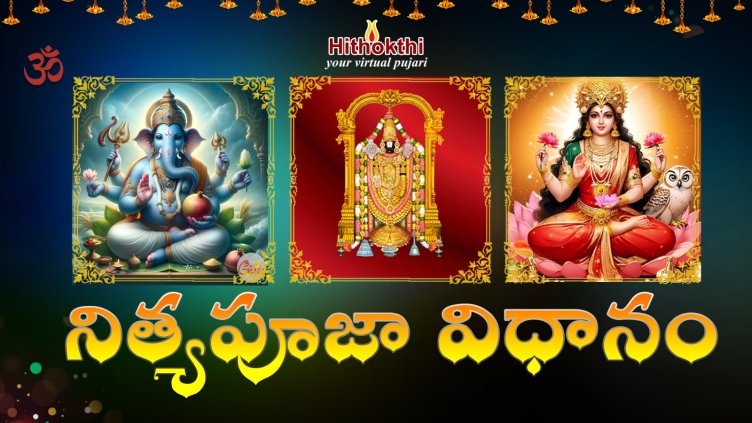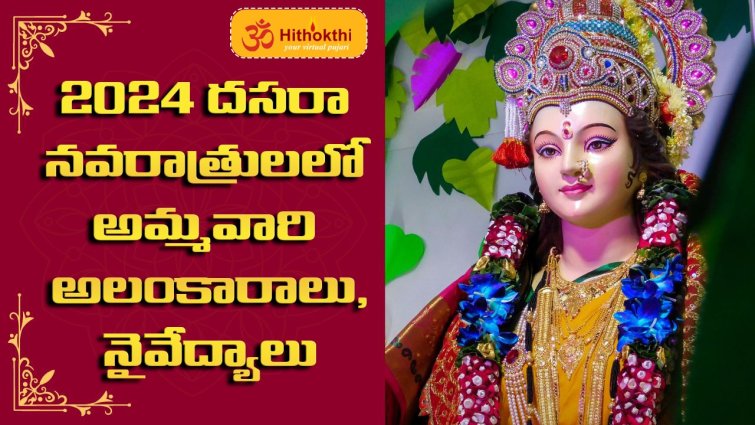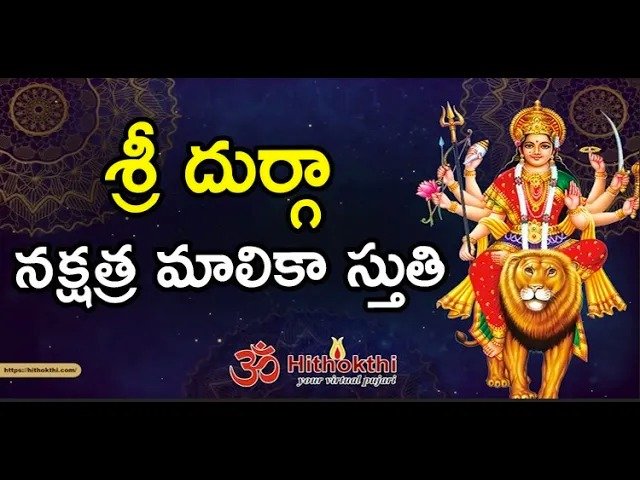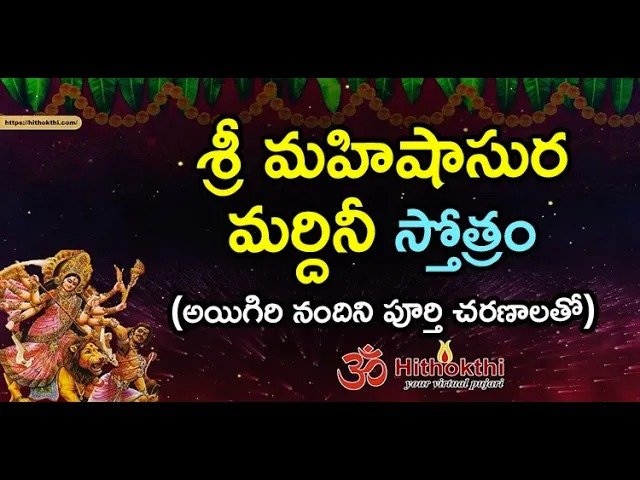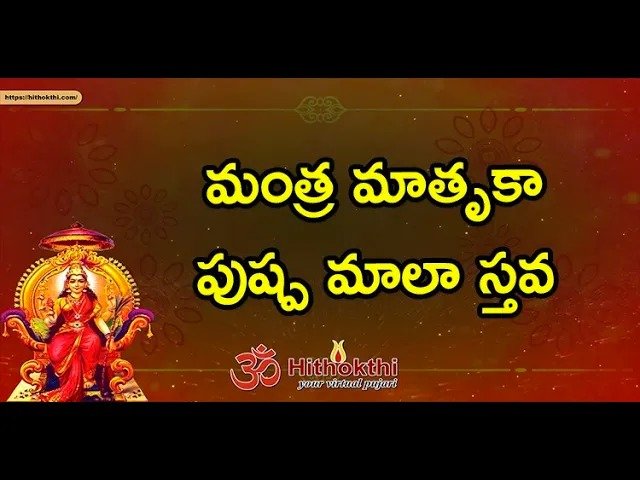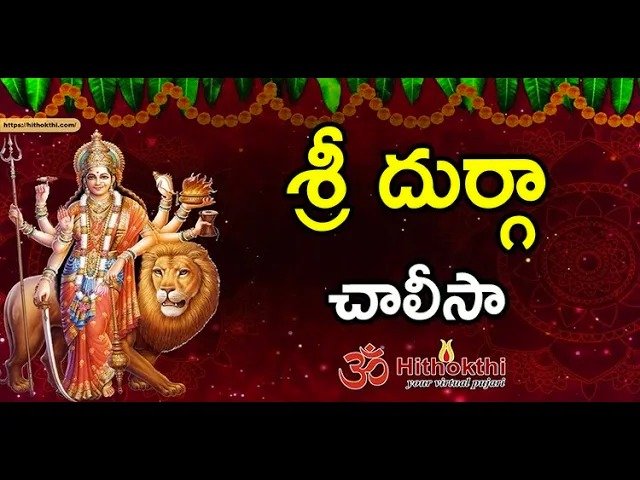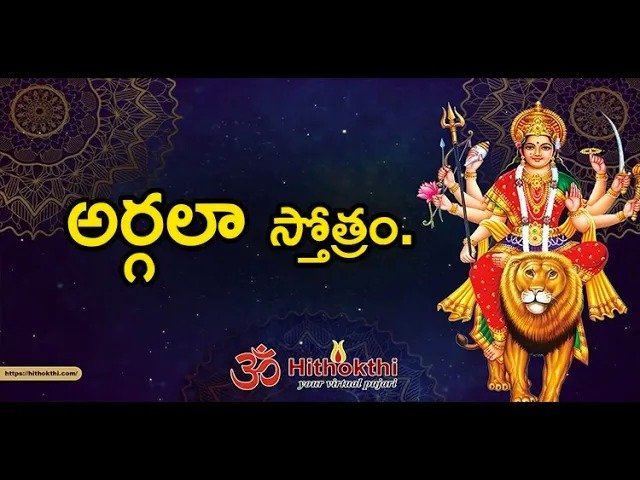Creator
Chennai, September 17, 2013: Brahma is worshipped as the Creator, for he is believed to be responsible for human life. Poets too are creators, for they pen verses, which delight with their rhyming words and meters. There are verses that describe nature and paint vivid pictures for us, throwing light on places we have not visited. But most important of all is the fact that poems often point to negative qualities which plague mankind and which we must strive hard to shed, and also to the qualities which are desirable, and to acquire which we must try our best. The poet Kumaraguruparar examined Brahma’s creative efforts and also that of poets, made a comparison of the similarities between the two, and the differences between the two. One the basis of his analysis, he came to a conclusion as to which was superior — Brahma’s creation or that of poets, Sarala Rajagopalan said in a lecture on Kumaraguruparar’s works.
It is said Saraswathi resides on Brahma’s tongue. It is also said She resides on the tongues of poets. So in this respect poets and Brahma are similar. Brahma creates human beings, and the human beings so created by him create poems. Among those who are not human, Brahma is the only one capable of creating. But there have been thousands of creative people among Brahma’s creations. Brahma’s creations perish, but the literary works of poets live on for thousands of years. The poets who created them may die, but their work does not perish. So Kumaraguruparar concludes that the creations of poets are superior to those of Brahma.
But if one looks at the works that have survived and are admired even today, one finds that they are not frivolous works. These are ones that have relevance for all time, and whose appeal is not limited to the era in which they are written. Their appeal across generations is because they focus on what is important in life. They focus on what we need in order to live fruitful lives. They survive because they record the failings of mankind and point to us the path we must avoid, if we are to experience happiness in this life. They also show us what we have to do to attain moksha at the end of this life.
Source: The Hindu, September 17, 2013

